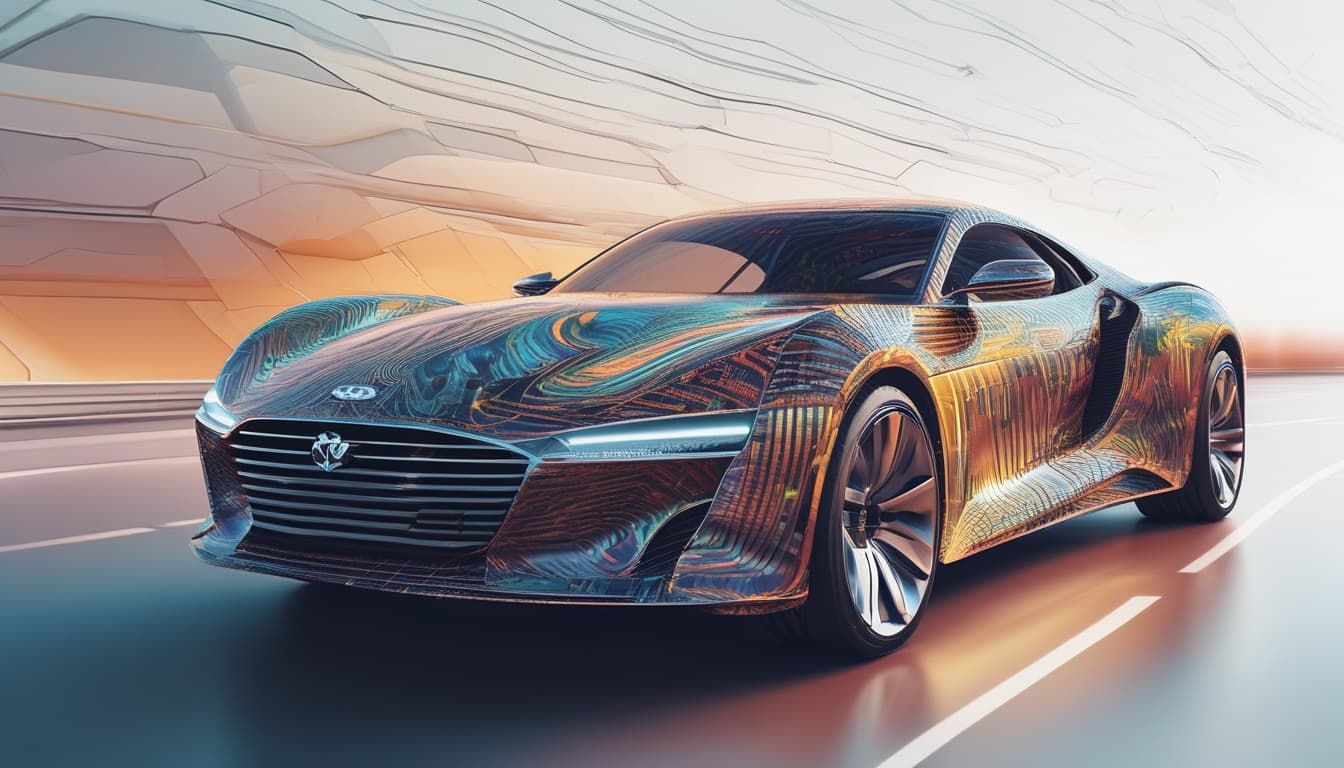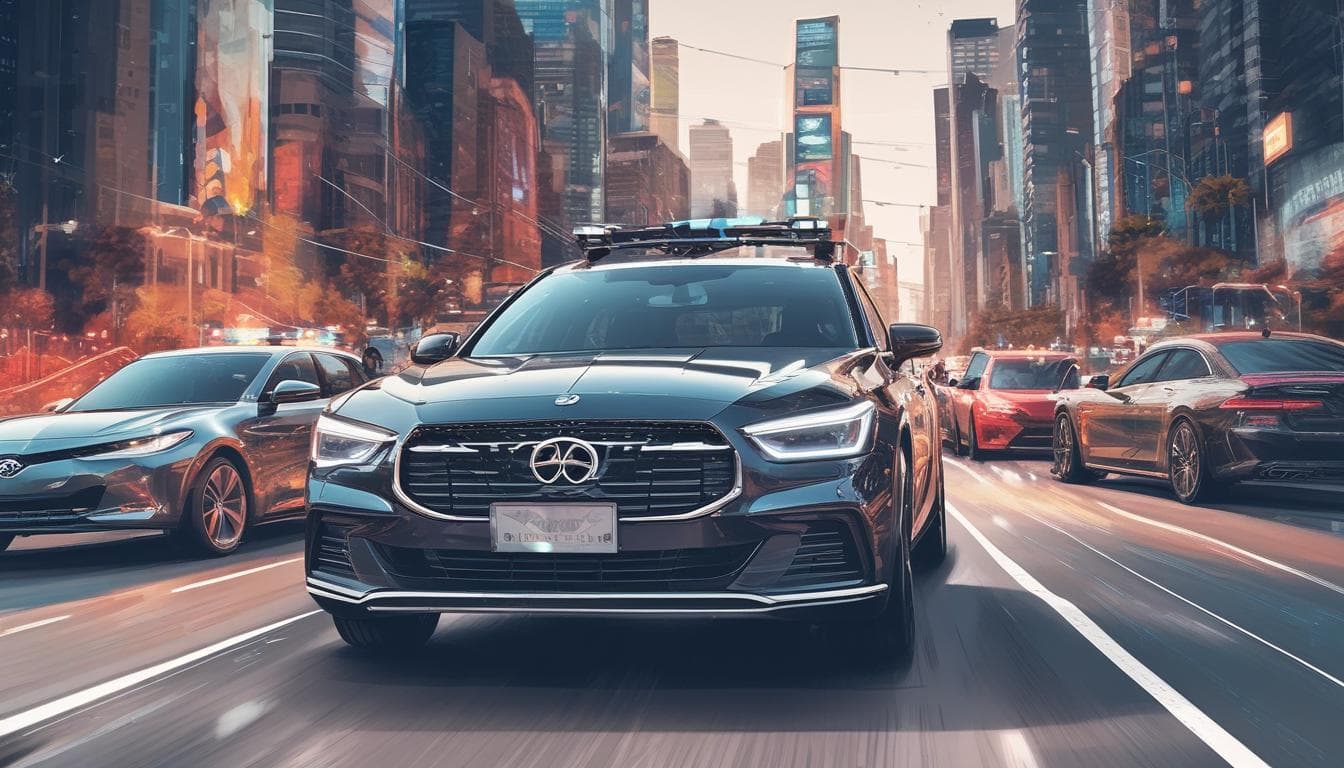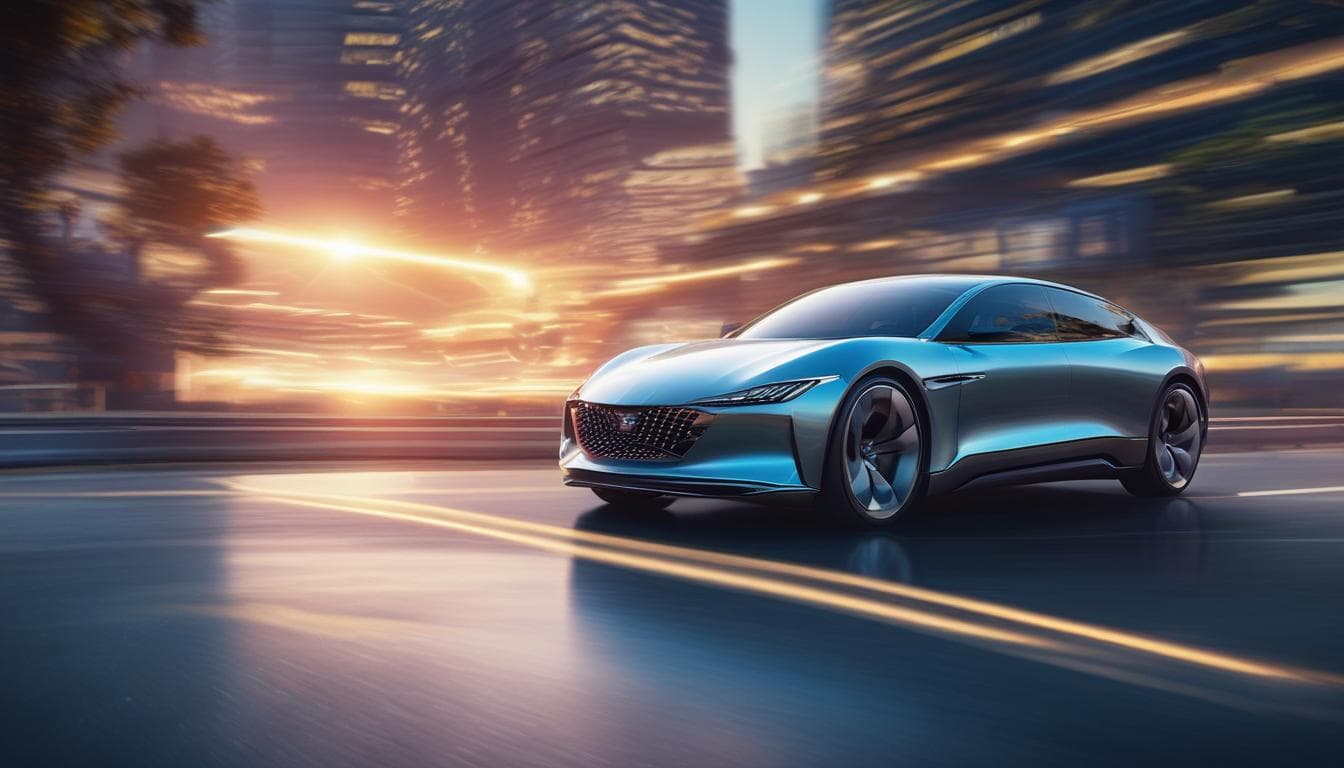With the increasing integration of AI in vehicles, how do you envision the future of car ownership evolving in different cultural contexts? Will personalized AI assistants lead to stronger emotional bonds with our cars, or will autonomous ride-sharing services redefine our relationship with personal vehicles entirely? Consider factors like urban density, public transportation infrastructure, and societal values related to car ownership in your response.
The integration of AI in vehicles is poised to revolutionize car ownership, and the impact will vary significantly across different cultural contexts. Let's explore this fascinating evolution.
The Emotional Bond
Personalized AI assistants could indeed foster stronger emotional bonds with our cars. Imagine an AI that learns your driving habits, anticipates your needs (like adjusting the temperature or playing your favorite music), and even adapts to your mood. This level of personalization could create a sense of companionship and familiarity, blurring the lines between machine and trusted friend. However, this emotional connection might be more pronounced in cultures where cars already hold a significant symbolic value, representing freedom, status, or personal expression.
Autonomous Ride-Sharing and Personal Vehicles
On the other hand, the rise of autonomous ride-sharing services will undoubtedly redefine the relationship with personal vehicles, especially in densely populated urban areas with robust public transportation. In these contexts, owning a car might become less of a necessity and more of a luxury or a symbol of personal preference. The convenience and cost-effectiveness of autonomous ride-sharing could lead to a decline in personal car ownership, particularly among younger generations who are less attached to the traditional concept of car ownership.
Cultural Nuances
Societal values surrounding car ownership also play a crucial role. In some cultures, car ownership is deeply ingrained, symbolizing independence and social status. Shifting away from personal vehicle ownership in these societies would require a significant cultural shift. Conversely, in cultures with strong public transportation systems or where car ownership is less prevalent, the transition to autonomous ride-sharing might be smoother.
The Future Landscape
I believe the future of car ownership will be a multifaceted one, with a blend of personal vehicle ownership and ride-sharing services coexisting. The specific balance will depend on factors like technological advancements, infrastructure development, and evolving cultural values. For more insights on the future of car ownership, I highly recommend checking out this article on the rise of software and feature subscriptions, which explores how subscription models might further alter the landscape.
Further Discussion Points
- The ethical implications of AI-powered vehicles and their impact on employment in the automotive industry.
- The role of government regulations in shaping the future of autonomous vehicles and ride-sharing services.
- The environmental impact of different car ownership models and transportation solutions.
- The security and privacy concerns associated with AI-powered vehicles and data collection.
이 주제에 대해 더 알아보기
대화에 참여하기
- 자율주행 시대, AI가 제시하는 자동차 선택과 운전 경험 변화
AI가 자동차 선택을 돕는 자율주행 시대에 운전 경험은 어떻게 변화할까요? 새로운 자동차 사용 시나리오와 이색 분야에 대한 가능성, 그리고 개선 방향에 대한 의견을 나눠보세요.
- 자율주행 시대의 미래 자동차 실내 디자인: 당신의 상상은?
자율주행 기술의 발전으로 자동차 실내 공간은 어떻게 변화할까요? 이동 중 업무, 엔터테인먼트, 휴식 등 다양한 목적에 맞춘 미래형 자동차 디자인과 혁신적인 기능에 대한 아이디어를 공유하고 토론해 보세요. 증강현실, AI 등 미래 기술 접목, 맞춤형 공간 구성 등 자유로운 상상을 펼쳐보세요.
- 감성 지능형 자율주행차: 인간과의 특별한 유대감 형성 가능할까?
운전자의 감정까지 학습하는 '감성 지능형' 자율주행차의 등장 가능성을 탐구합니다. 미래 자동차가 인간과 특별한 유대감을 형성하고, 주행 스타일 및 실내 환경을 조절하며 우리의 일상과 자동차 인식을 어떻게 변화시킬지에 대한 깊이 있는 토론입니다.




